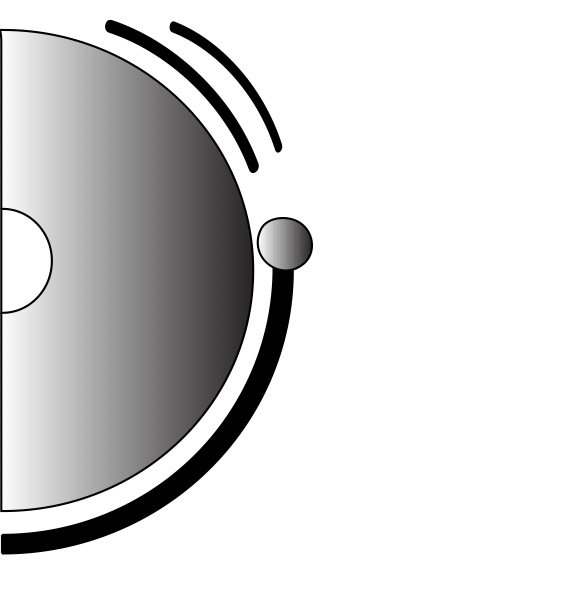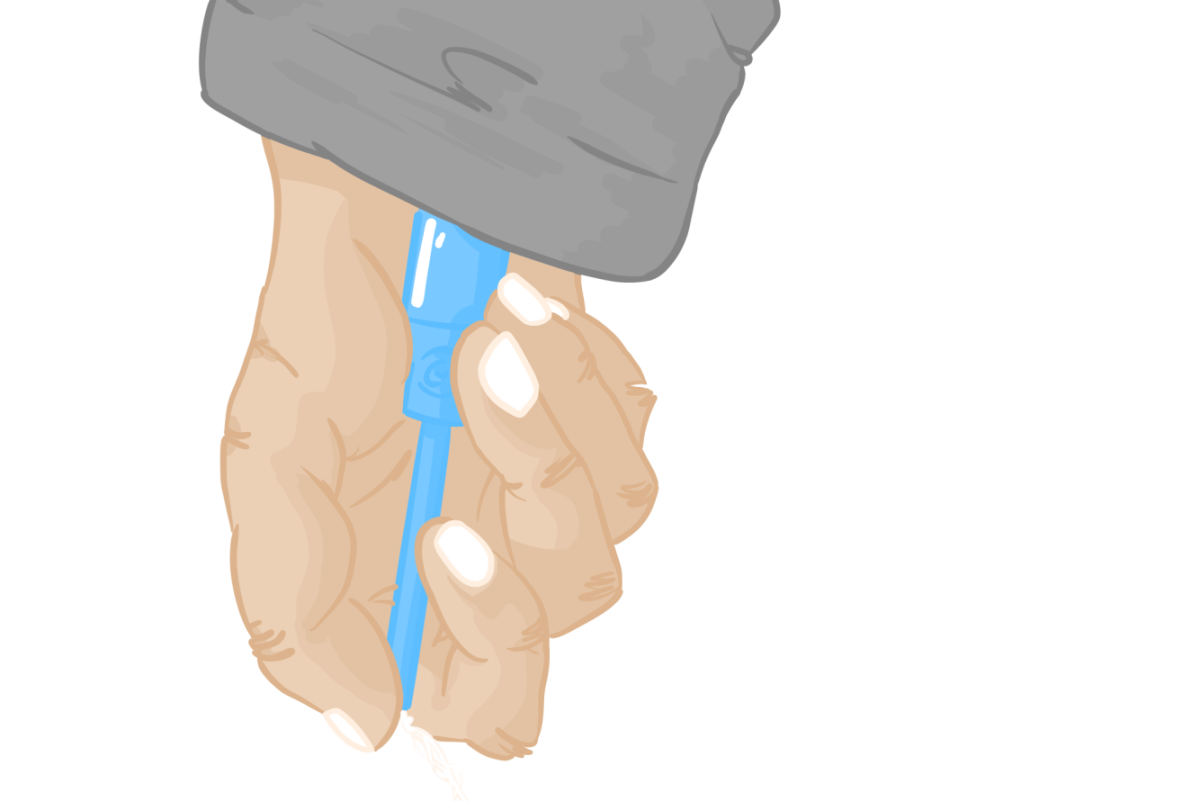When the four-year-old system that controlled school bells lost power Sept. 15, calmness resonated through the halls. Instead of a loud, disruptive buzzing every 55 minutes, classes let out at the discretion of teachers until the system was fully repaired. For four days, the beginning of school, end of class periods and final dismissal were peaceful processes, with teachers greeting and adjourning their students; however, once the bells returned to their functional state, the principals requested they be shut off. The decision regarding whether or not bells will continue to irritate and interrupt students rests in the hands of polls given to school departments and student leadership groups. Hopefully, they will recognize what is best for students and eliminate bells once and for all.
While it may be true that the lack of a structured time schedule could lead to teachers holding students late, the flexibility prepares students for the real world. At the end of classes, they are not herded out of the classroom like sheep. Instead, they are dismissed like adults. Most colleges do not have a bell system, and most professors will not care what time class lets out if they are not finished with their lectures. The ability for students to adapt to different situations prepares them for college life, and this is just another opportunity to make high school feel more like the outside world, away from pampering and overprotection.
Several other high schools in the country have eliminated the use of bells to mark the ends of periods. In South Carolina, West Bladen High School implemented a no-bell policy this year. Todd Finn, principal of West Bladen, said to local news station WETC that the lack of bells has drastically reduced the number of tardies. In the short time during which KHS has been bell-free, Dr. Michael Havener, principal, said tardies were cut in half.
The decision on whether or not the bell policy should change is a critical one. The lack of bells is, without a doubt, an improvement from the former policy. With this new no-bell policy, students are self-responsible, a change that is welcome at KHS. With change comes improvement, and with improvement comes innovation. Ineffective systems should be developed, and as of now, this new development to an ineffective system seems to be doing just fine.








